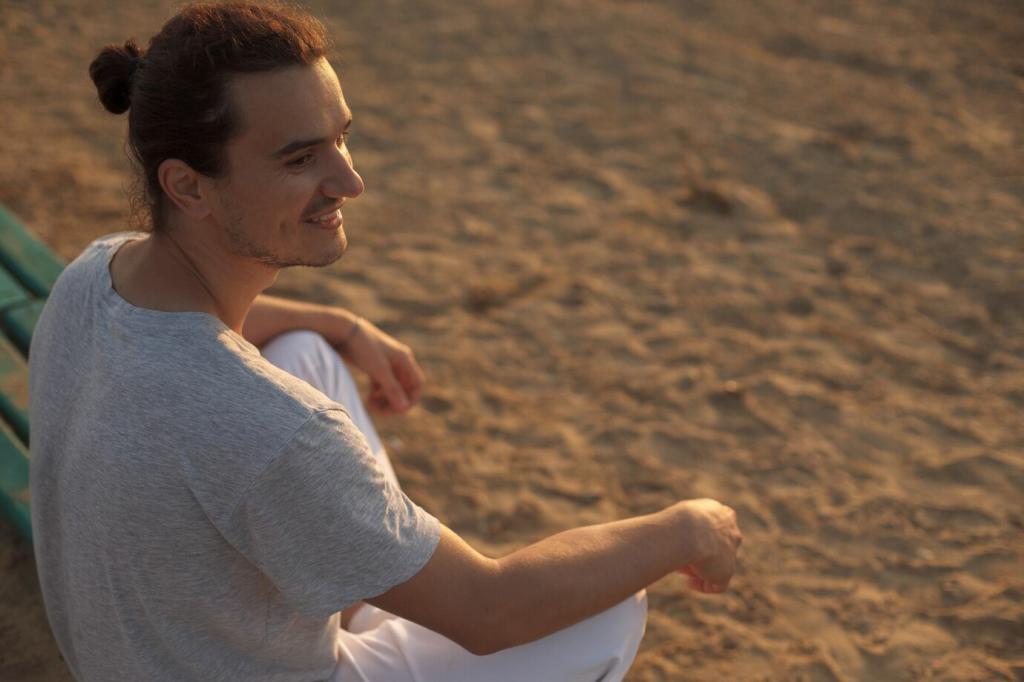Chores as Meditation: Meaning in the Mundane
Let warm water cue a slower tempo. Notice the slickness of soap, the clink of plates, the clean-to-dirty transformation. If impatience appears, smile at it like a visitor, and return to bubbles and breath. One plate at a time is more than enough.
Chores as Meditation: Meaning in the Mundane
As you fold, attend to textures—the grain of denim, the softness of cotton. Align edges with care, breath steady. A reader named Maya shared she folds her son’s shirts naming a hope for his day; the fabric seems to hold her quiet blessing.






